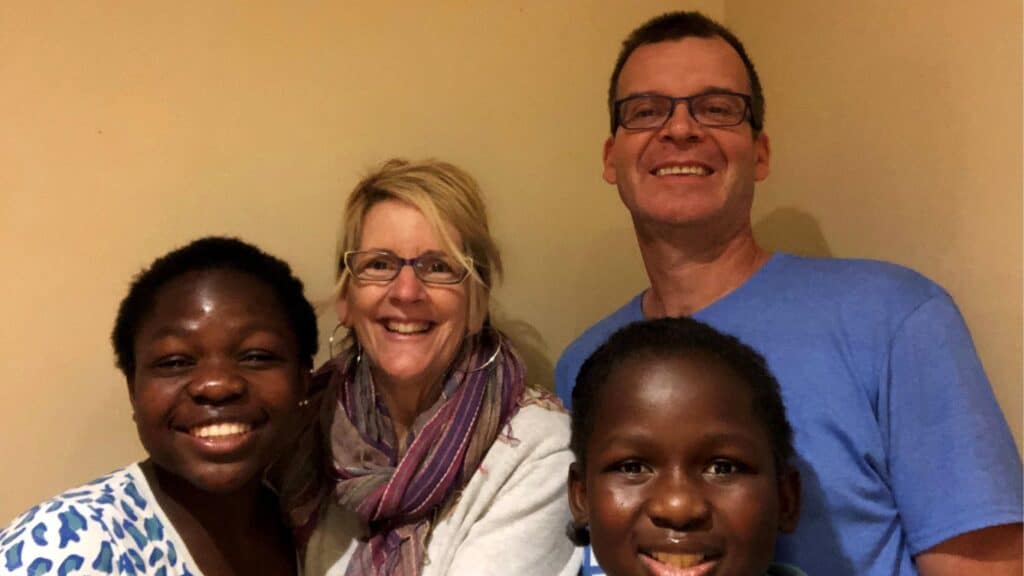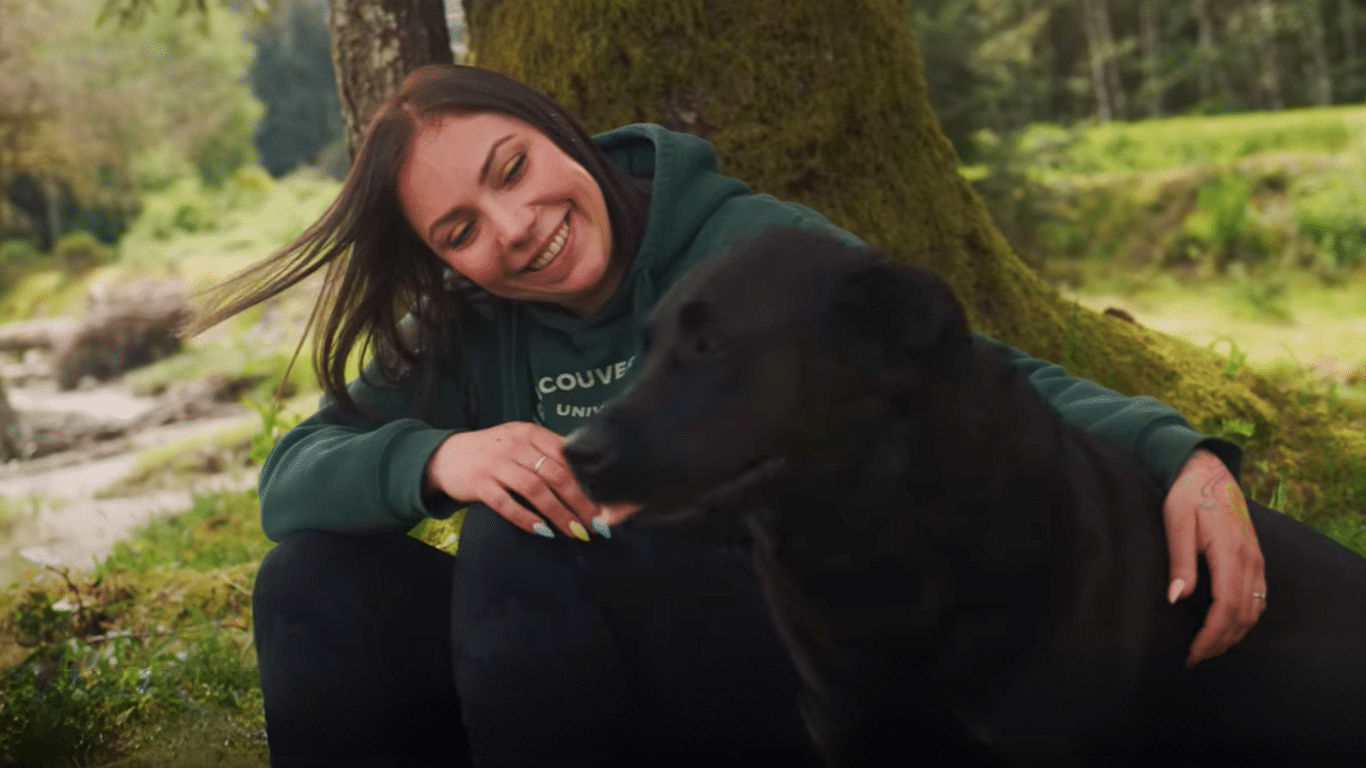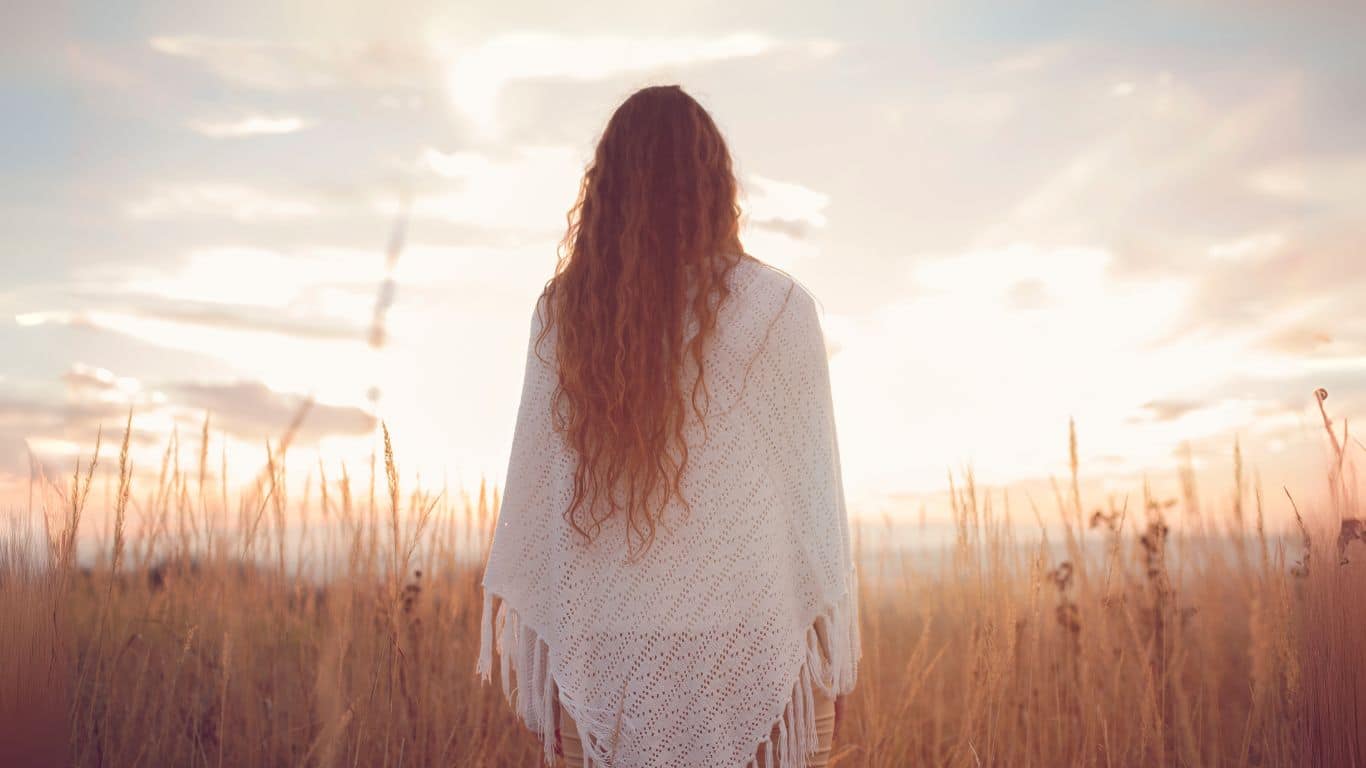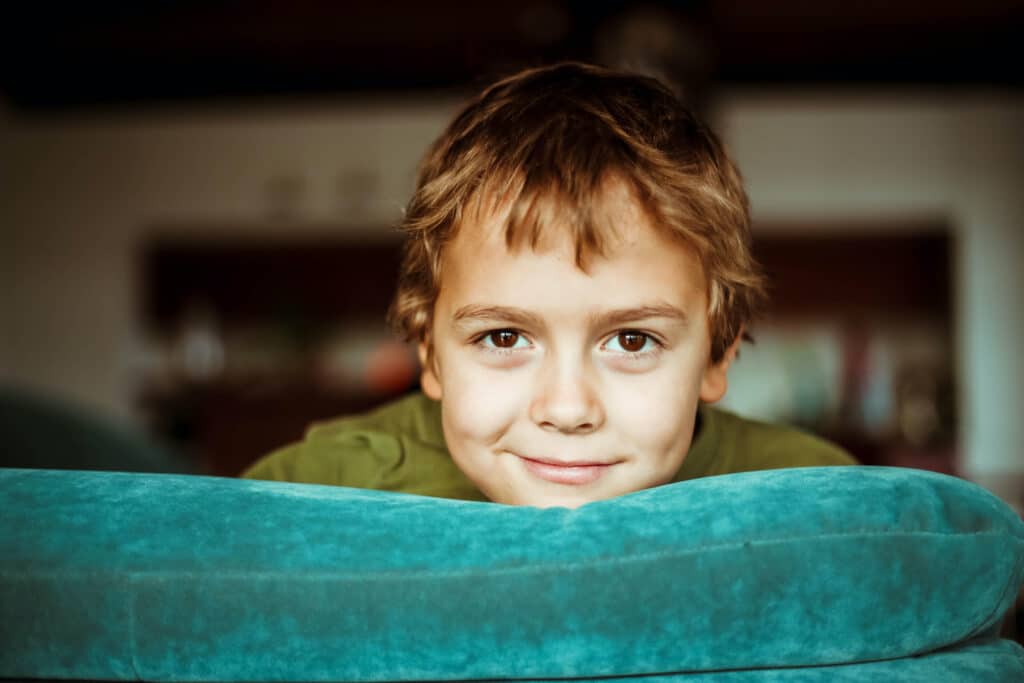Jussi and Colleen Yrjana adopted two beautiful daughters from Democratic Republic of Congo in 2012 (learn about their adoption story in this article from the spring 2013 issue of Focus on Adoption). Now, as well as their two adopted daughters, three grown children, and five grandchildren, they are also a foster family. This is their fostering story.
Why did you start fostering?
After two years into life at home with our adopted daughters, we decided that we could help other families through fostering. Previously, we had done respite for foster parents, so we knew that there was a need, but then we realized that I could continue to stay home, and we could foster full time.
What is it like having both foster and adopted children in your family?
Having both foster and adopted children at home can be both healing and can create a constant struggle to get unmet needs met. With more children demanding attention, and trauma added to the mix, we dropped ourselves into the therapeutic roles of full-time parenting. In hindsight, we did not realize the isolation from friends and family we would create.
When having children biologically you grow together, and friends and family grow along with you. But, the same is not true for families created through adoption and foster care. Our family was constantly changing. Most environments couldn’t manage our children’s varied needs. Structure became the most important building block, safety was needed, and having to accommodate the needs of all the children caused the invitations for dinners or camping trips to drop off. We surrounded ourselves with fantastic foster families that understood us, and through our oldest playing hockey, our hockey family. They all rolled with the crazy life of fostering.
Can you tell us about some of the difficulties and high points in your fostering experience?
One of the major experiences we found in fostering children after you have adopted internationally, is the gift of allowing our adopted children to see our desire to support the birth families we are involved with.
At first, it was difficult to explain why our foster children could see their birth families, but our adopted daughters could not. We made time, sometimes five or six days a week, for the children to spend time with their families, and we obviously couldn’t provide that opportunity for our adopted daughters.
But it was also healing. Our daughters understood the hearts of these children: the fear, the anxiety, the unknown, the grief, and the loss. And our daughters learned more about addiction and domestic violence than I ever taught our grown biological children because we saw those issues firsthand.
The children’s trauma became our trauma: we learned as adults to carry the weight of the children’s stories, often through our own anger and tears. It never gets easier, but we now understand our own need as parents to support our children’s hurting. We could not fight for them if we didn’t understand why.
Our oldest daughter found the children leaving the most difficult. It triggered memories of leaving those she had loved, and she knew that the homes they would return to would not be ours and she had no control over that. She struggled with wanting to fiercely protect each one. We made a pact with our family that no matter what happened, the foster children were always welcome back in our home. If they called day or night, we would always say yes to children who had been with us before. It was part of her healing process to know that the children had a safety net to return to if they needed to. It allowed us to see glimpses in the empathy and compassion that she most often reserved only for our little people.
What’s your best advice for families considering fostering?
Fostering is not for everyone and some of the reasons why are obvious: time-consuming; heart-wrenching; the pay doesn’t match the work; and it can have negative impacts on your relationships within your own home, with extended family, and with friends. It can be isolating and lonely, and it can be hard on marriages, other children, and work outside the home.
But it can also be the most rewarding family experience: children who have returned to their homes, have come running to us in the grocery store, screaming our names with enough zeal that everyone stops to watch. That can’t be evaluated. Watching families grow together, ask for help, and for us to be able to maintain a grandparent role in their lives is a gratuity that supplies our contentment tank. We have grown rich in relationships with almost every one of our families, they know they can count on us to provide encouragement, parenting advice, and that their children were loved and cared for when we had them.
Fostering for our family has its struggles but the joy of being able to provide opportunities for children to maintain contact with their birth families and give them safe space to heal has resulted in our daughters being able to claim that for themselves.
Is there anything else you’d like to add?
If you feel that you have room in your heart for fostering, then I’d advise you to be careful, guarded. Fostering is changing, and many families now reunite after receiving support. If it is in your heart is to be a conduit for families to heal and to support them, then fostering will be a rewarding experience. Sometimes, children can join your family through adoption and although that does happen, the ultimate goal of fostering should be to nourish their birth family, as you come together working with community supports to create wholeness. The need for foster parents is great, and often many ask but most stop there.
Our adopted daughters are now 10 and 14, and our grown children have blessed us with five grandchildren. We are currently also foster parents to three toddlers. Our struggles now are two carts at Costco and answering questions about how many children we have. We navigate visits, therapy appointments, shared holiday celebrations, lack of sleep, and ambiguity with working in a flawed system, but in the end we have taught our daughters by example, and they know that if we could we would give them a relationship with their birth family.
We don’t get asked why they can’t visit their birth family anymore, and we rarely have an empty bedroom, but I am able to be home to provide the consistency for school drop off, the continuity for schedules and, for one of them, part-time homeschool. It’s the way we have grown together, and it’s the way we have been able to share. There is no mathematical formula or percentage: we don’t know if the benefits outweigh the risks of loving a child that will go, but our family loves big and with courage, knowing that one day there is a plan besides us.
P.S. The need for foster parents is great, and although many people ask about it, most stop there. If you don’t think you have the courage, look in the back of your throat, that little dangily thing… it’s your courage. We often look for ours!





